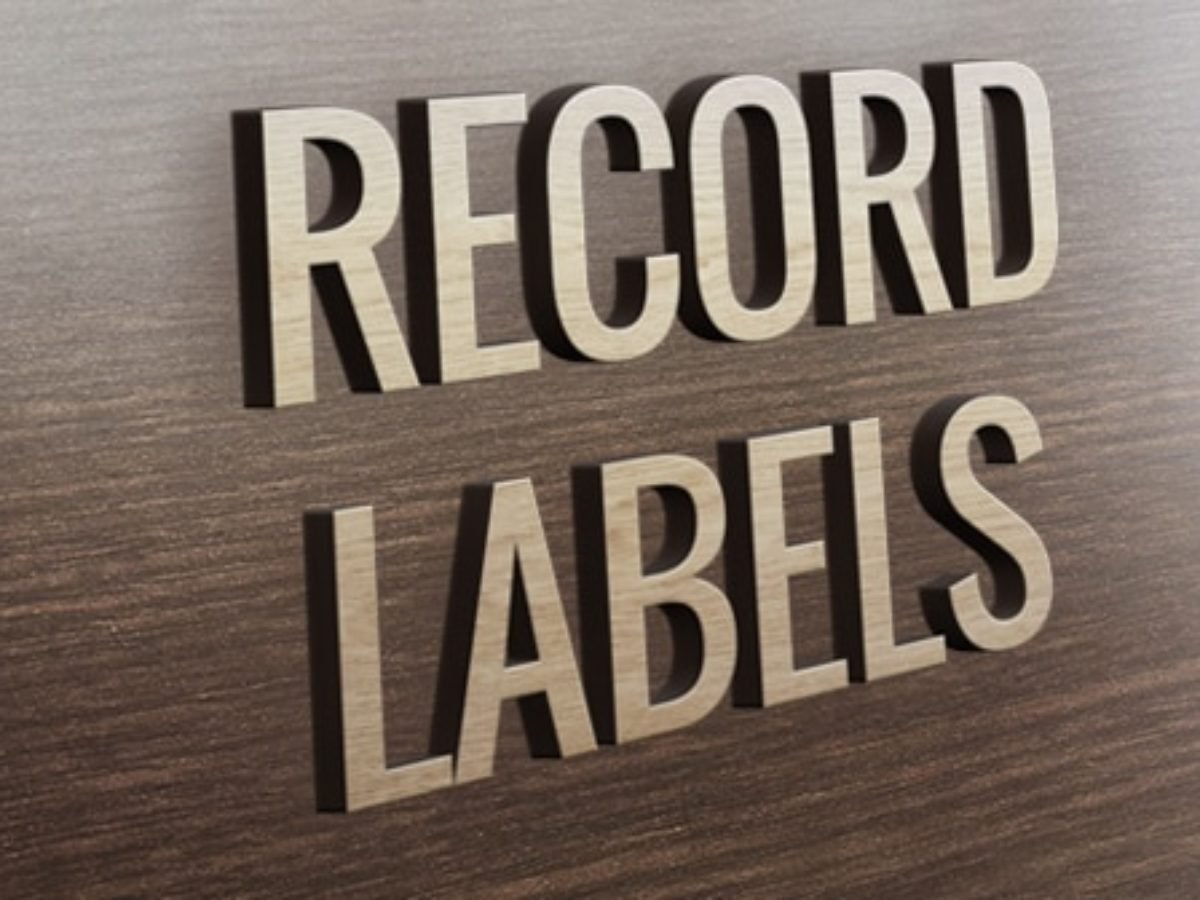How to Submit Your Music to Record Labels: A Comprehensive Guide
Breaking into the music industry can be a daunting task for many aspiring musicians. One of the most traditional and effective ways to get your music out there is by submitting your tracks to record labels. Whether you're an emerging artist looking for your first break or a seasoned musician seeking new opportunities, understanding the process of submitting your music to labels is crucial. This guide will walk you through the steps to prepare and submit your music to record labels effectively.
Step 1: Research and Target the Right Labels
Before you start sending out your music, it's important to research and target labels that best fit your style and goals. Each record label specializes in certain genres and has its unique brand and artist roster. Look for labels that support artists with a similar sound and vision to yours. Utilize online platforms, social media, and music forums to find labels that align with your music. Make a list of potential labels and gather as much information as you can about their submission process.
Step 2: Perfect Your Presentation
Your music submission is your first impression, so make it count. Ensure your tracks are well-produced, mixed, and mastered. Record labels receive hundreds of submissions, so your music needs to stand out in terms of quality and creativity. Additionally, prepare an engaging bio that highlights your achievements, influences, and what makes your music unique. Your presentation should also include a press kit containing high-quality photos, music videos (if available), and press releases.
Step 3: Follow the Submission Guidelines Carefully
Most labels have specific submission guidelines listed on their website. These guidelines can include how to submit your music (e.g., via email, a submission form on their website, or through a music submission platform), what format your music should be in, and what other materials to include (bio, press kit, etc.). Following these guidelines meticulously shows that you respect the label's process and increases the chances of your music being reviewed.
Step 4: Personalize Your Submission
When reaching out, personalize your submission as much as possible. If you can find the name of the A&R (Artists and Repertoire) representative or the person responsible for reviewing submissions, address them by name in your email or letter. Explain why you think your music is a good fit for their label specifically. Personal touches can make a difference in showing that you’ve done your homework and are genuinely interested in partnering with them.
Step 5: Be Professional and Patient
The music industry can be slow to respond, so patience is key. Submit your music professionally, keep your communication concise and to the point, and avoid following up too frequently. While waiting for a response, continue to work on your music, play shows, and build your online presence. Whether you receive a positive response, constructive criticism, or no response at all, use the experience as a learning opportunity to improve and refine your approach.
Step 6: Consider Alternative Routes
While traditional record labels play a significant role in the music industry, there are other ways to get your music heard. Consider submitting your tracks to independent labels, music blogs, online radio stations, playlists, and using social media platforms to showcase your work. These alternative routes can provide valuable exposure and help build a fanbase while you continue to reach out to record labels.
Conclusion
Submitting your music to record labels is a process that requires research, preparation, and patience. By targeting the right labels, perfecting your presentation, following submission guidelines, personalizing your submission, and remaining professional and patient, you increase your chances of getting noticed. Remember, success in the music industry often comes from persistence, improvement, and exploring various avenues for exposure. Keep honing your craft, and don't be discouraged by rejection. Every submission is a step closer to achieving your musical dreams.





